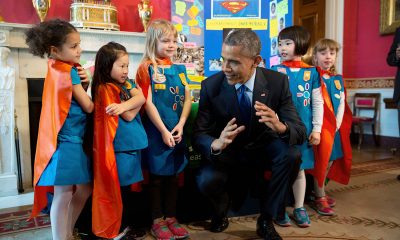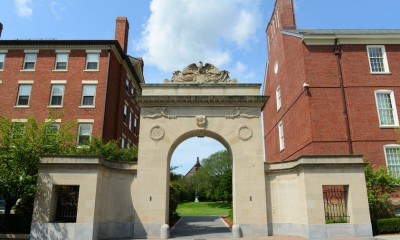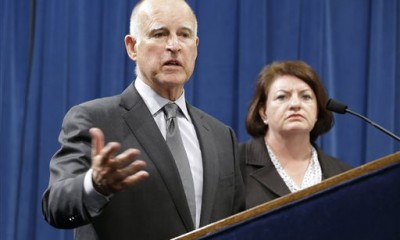The recent passing of legislation legalizing same-sex marriage in France is one more victory for lesbian, gay, bisexual and transgender (LGBT) people. France is just the 14th country in the world to act on marriage equality. Still, the struggle against many different forms of discrimination, LGBT issues, and even violence is an everyday challenge for most of them.
Same-sex relationships are still considered criminal or illegal in majority of the countries of the world. For instance, the head of state of Senegal has declared that homosexuality is not compatible to the cultural values of this West African nation. Meanwhile in Singapore, its High Court has approved an anti-homosexuality law.
Violence against same-sex couples
In Paris, a few days prior to the passage of the historic legislation, homophobic attackers beat a gay couple. This was just one of the many acts of violence that occurred during the campaign for that particular law. During the same period of time, 34 students suspected of being lesbians were expelled from a school in Ghana in Africa. A newspaper sided with the school, using “bestial” and “detestable” as adjectives to condemn the students. And in Malaysia, a musical performance was created to warn young Malaysians of the “perils of homosexuality.”
United Nations Human Rights Council gathering
The United Nations Human Rights Council (UNHRC) is the most important body concerned with human rights in the whole world. The upcoming 23rd session of the UNHRC gathering is scheduled next month in Geneva, Switzerland. The agenda of their next meeting include determining the response to the prejudice and violence that LGBT people need to face in their daily lives.
Marriage equality is yet to become an item on the common agenda of the international community. It is the hope of human rights advocates who are campaigning for the condemnation of harassment and discrimination exercised by those who have homophobic perspectives that prohibition will be set in place against these inhuman practices and soon.
Resistance
The greatest resistance to a change in perspective and eventual acceptance of the LGBT community come from Islamic nations, African countries, Russia, and the Eastern European bloc. Representatives of these countries continue to stand by the opinion that there is no basis in international law for non-discrimination with respect to gender identity or sexual orientation.
South Africa has alienated itself from its neighbors by championing the rights of LGBTs at the UN by initiating a resolution in 2011 on gender identity and sexual orientation. Its progressive stance came at a cost by being a political outcast in the African bloc. The 2011 resolution of the Council stated that there is “grave concern” on the discrimination faced by LGBT people worldwide. Nineteen of 47 Council members chose not to vote for the text. All those opposed are from the African continent or are members of the Organization of Islamic Cooperation.
Favorable climate
It is the said that this year’s Council composition is the most promising that it has ever been. The climate is more favorable and the call is to move beyond merely debating on whether or not the rights of LGBT people are human rights, but by discussing the prejudice and discrimination that individuals have been subject to and are still dealing with.















Facebook
Twitter
Pinterest
Google+
LinkedIn
Email